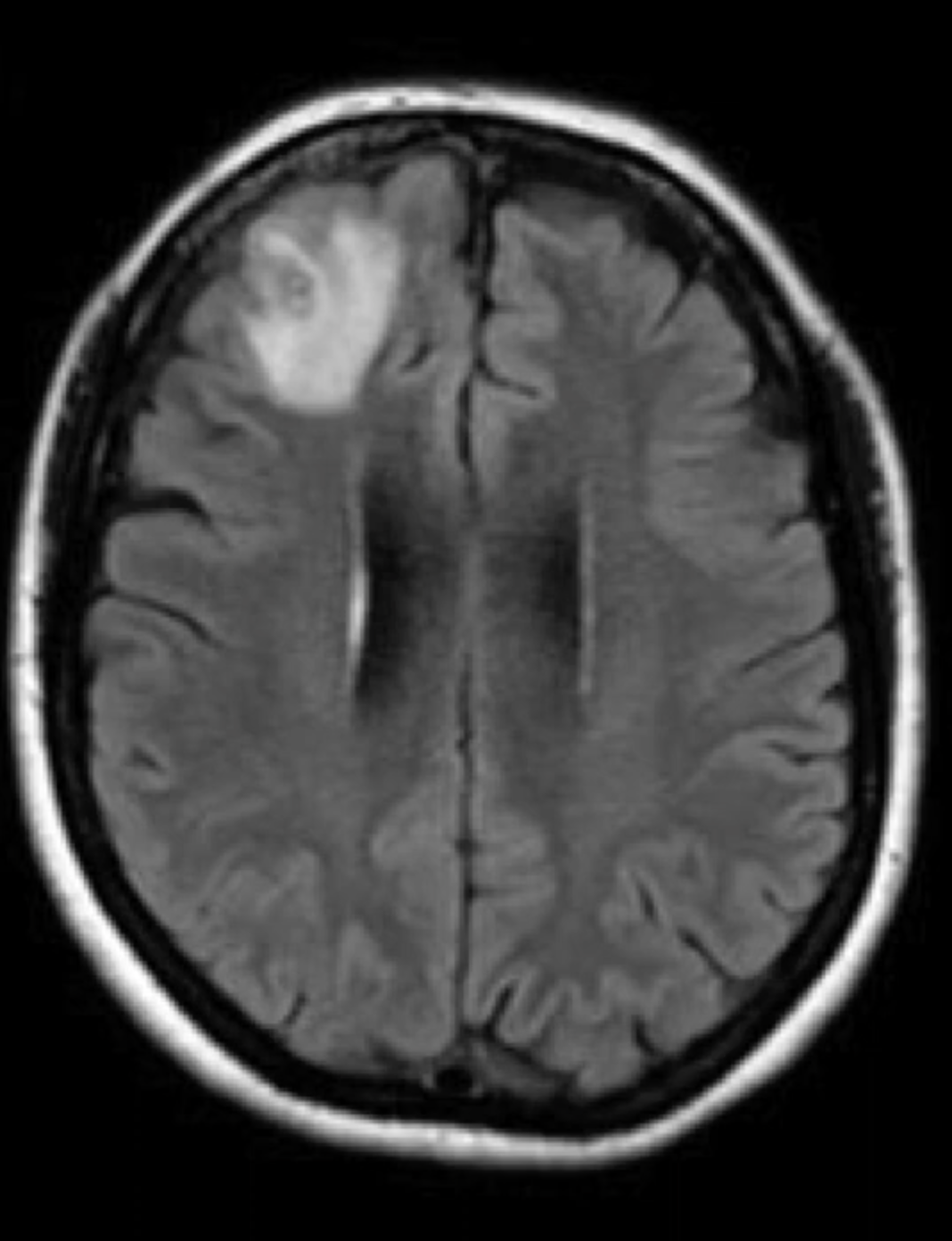A doctor went fishing for answers in a woman's brain and ended up with a first-of-its-kind catch: A squirming, live worm.
A frontal lobe abnormality shown in the 64-year-old woman's MRI scan prompted doctors at Australia's Canberra Hospital to perform a biopsy in June 2022, and during the neurosurgery, they unexpectedly came across the culprit of the patient's recent symptoms.

"I just thought: 'What is that? It doesn't make any sense. But it's alive and moving,'" Dr. Hari Priya Bandi told The Canberra Times newspaper.
The "live and wriggling" 3-inch parasite continued to move as Bandi pulled it from the patient's brain with forceps.
Parasitology experts later confirmed the parasite was an Australian native roundworm named Ophidascaris robertsi, which are commonly found in carpet pythons.
This discovery made it the first-ever human case of the parasitic infection.
"To our knowledge, this is also the first case to involve the brain of any mammalian species, human or otherwise," said Canberra Hospital infectious disease expert Sanjaya Senanayake, who also co-authored a study about the medical case with Bandi.
The larvae of the worm are typically found in small mammals and marsupials eaten by the python. In the study, the doctors say they suspect larvae were present in other organs in the female patient's body, including the lungs and the liver, after she became an accidental host.
Researchers say the southeastern New South Wales woman likely caught the parasite after touching or eating Warrigal greens, which she used for cooking. They say she collected the native grass from a lake near where she lived, and a python had likely shed the parasite there via its feces.

The woman was admitted to a local hospital in late January 2021 after three weeks of abdominal pain and diarrhea followed by a constant dry cough, fever and night sweats. These symptoms — as well as appetite and weight loss, vomiting and tiredness — are listed in the study as signs of the parasitic infection in humans.
Then in 2022, she started experiencing forgetfulness and depression, which prompted the MRI scan that found the brain abnormality.
Senanayake said this novel case points to the increasing danger of animals passing infections to humans as we start to live more closely and continue overlapping our habitats.
"There have been about 30 new infections in the world in the last 30 years," he said. "Of the emerging infections globally, about 75% are zoonotic, meaning there has been transmission from the animal world to the human world. This includes coronaviruses."
The infection found in the woman's brain can't transmit between people, but the researchers said because the snake and parasite are found in other parts of the world, it's likely this case won't be the last of its kind.
But as for the first case, the patient is still being monitored by a team of infectious disease and brain specialists.
"It is never easy or desirable to be the first patient in the world for anything," Senanayake said. "I can't state enough our admiration for this woman who has shown patience and courage through this process."
SEE MORE: A parasitic worm may heal your wounds, but there's a catch
Trending stories at Scrippsnews.com


